Reflections at the Crystal Springs Lake

Azaleas

© penciledpage.com

Azaleas



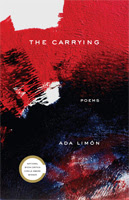
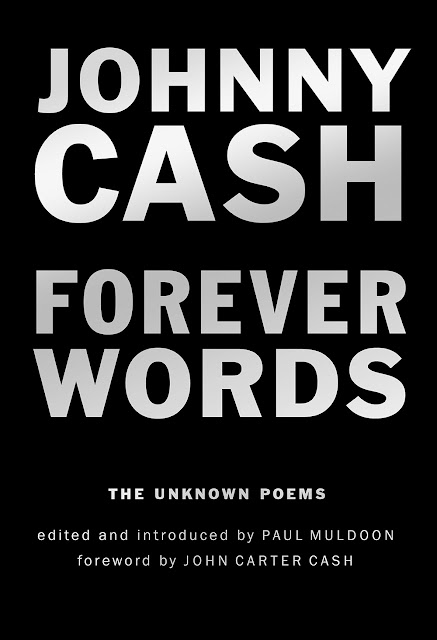
Forever Words: The Unknown Poems is a collection of Johnny Cash's poems and writings that was published posthumously in 2016. It's a remarkable look at Johnny Cash's artistry and writing process. One of my favorite things about the book is that selected lyrics and poems were presented in his own handwriting.
In his forward to the book, John Carter Cash describes his father's intellectual curiosity and love of reading and writing. Paul Muldoon's introduction describes the rationale behind publishing Johnny Cash's words after his death to "broaden and deepen our perception of Johnny Cash and his legacy." I've been thinking a lot about the quote Muldoon shared from T.S. Eliot's "Tradition and Individual Talent" that, "No poet, no artist of any art, has his complete meaning alone."
A few of my favorite poems in the volume include "Chinky Pink Hill" (which I discuss here), "Does Anybody Out There Love Me?," "If You Love Me," "My Song, " "I'll Still Love You," and "You Never Knew My Mind."
"Forever" had a profoundly beautiful closing:
The songs I sang
Will still be sung
Johnny Cash's poem "Don't Make a Movie About Me" gave me a laugh with its opening lines:
If anybody made a movie out of my life
I wouldn't like it, but I'd watch it twice
I wonder if Johnny Cash would have watched "Walk the Line" twice.
I thoroughly enjoyed reading Forever Words. It's a great read for any fan of The Man in Black.
Purchase and read Forever Words and listen to the accompanying CD:
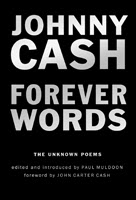
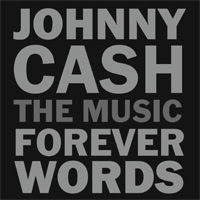
The Creation: An Appeal to Save Life on Earth (2006) is a short book by Edward O. Wilson. In it, E.O. Wilson makes an appeal to preserve Earth's biodiversity. The book is written as a letter to a Southern pastor, and though Wilson sometimes returns to this concept, most of the book is geared towards general readers, students, naturalists, scientists, and teachers.
While my husband was at Harvard, we lived in a building where E.O. Wilson once lived. I also share his deep appreciation for the natural world.
One of my favorite quotes from this book is the introduction to Chapter 7, "Wild Nature and Human Nature," pictured below:
"Our relationship to Nature is primal. The emotions it evokes arose during the forgotten prehistory of mankind, and hence are deep and shadowed. Like childhood experiences lost from conscious memory, they are commonly felt but rarely articulated. Poets, at the highest human level of expression, try."
One of my other favorite quotes is in Chapter 13, "Exploration of a Little-Known Planet," where Wilson writes,
"Each species is a small universe in itself, from its genetic code to its anatomy, behavior, life cycle, and environmental role, and a self-perpetuating system created during an almost unimaginably complicated evolutionary history. Each species merits careers of scientific study and celebration by historians and poets."
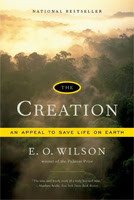
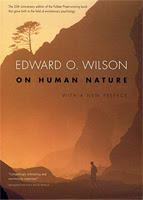

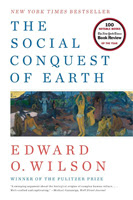

Search This Website